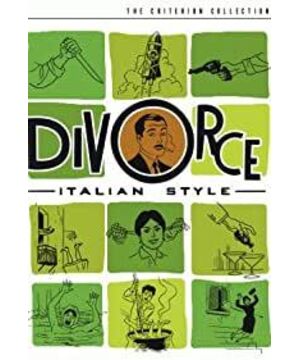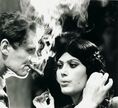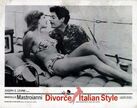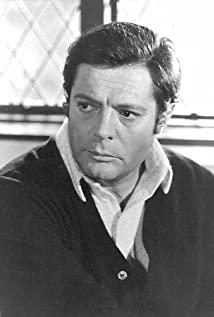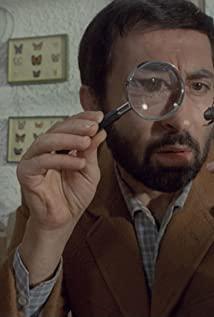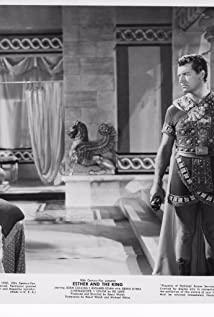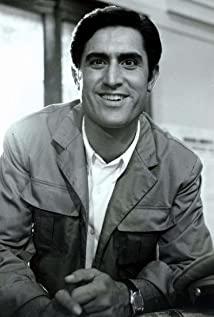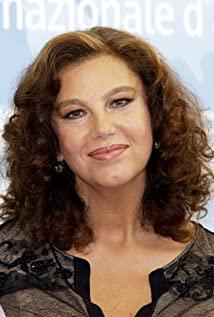The film is starring the Italian national treasure actor Marcello Mastroianni. In the film, he perfectly interprets the role of a frivolous, dirty middle-aged man. The image of Mastroianni in this film is representative: he is married, but in love with another woman, like privileged and dissatisfied, unfaithful and hypocritical-he is the epitome of Italian aristocracy . Mastroianni usually plays a relatively positive role in Fellini's films. For example, in "Eight and a Half", he also deceived his wife as a husband, but he can also arouse the sympathy of the audience. The director of the film, Pietro Jamie, gave him a completely different space to play. He often squinted his eyes slightly, kept a handful of neat mustaches, behaved frivolously, and often made a strange habit. The image of an unreliable man is firm.
I think he has the face of a perfect actor, which makes his drama extremely wide. He is not very handsome, because he is always regarded as having no acting skills, and his temperament is not bad when he needs to be handsome. Take a look at his brilliant resume: two Cannes actor, two Venetian actor, three Oscar actor nominations, two British Film Academy actor, one Golden Globe actor, eight Italian film association actor, and lifetime achievements of various film festivals prize.
A supporting role in this film attracted my attention, that is, the cousin whom the actor admires, slutty and pure, drooling~ I went to learn more about this actor Stefania Sandrelli (Stefania Sandrelli). It turns out that she just won the Venice Lifetime Achievement Award (together with Hayao Miyazaki) this year. Sandrely, who was only a 15-year-old student, was selected among more than 100 test-takers to play this key role and made her famous.
There is a plot of a banned film in the film, which shows Fellini's "Sweet Life" (filmed in 1960, a classic in film history. The film depicts the degeneration of the Roman nobles who are very close to the Holy See, and was therefore used by the Italian Catholic Church. Boycotted with the Holy See), the interesting thing is that the film also starred Mastroianni, and he also went to the cinema to watch "Sweet Life" in this film, haha.
This film is a typical black comedy, which is extremely entertaining, but this film is not just a farce. The director Pietro Jamie touched more on the absurdity of the Italian moral concept at that time, and it was against male power. The sharp irony and accusation of ism. The concept of "Italian divorce" was very significant at the time.
View more about Divorce Italian Style reviews


